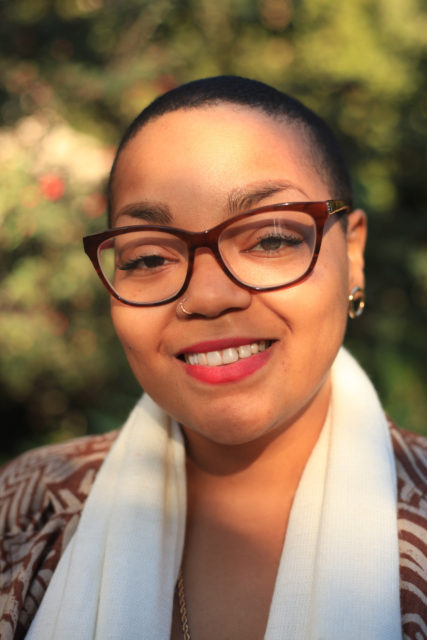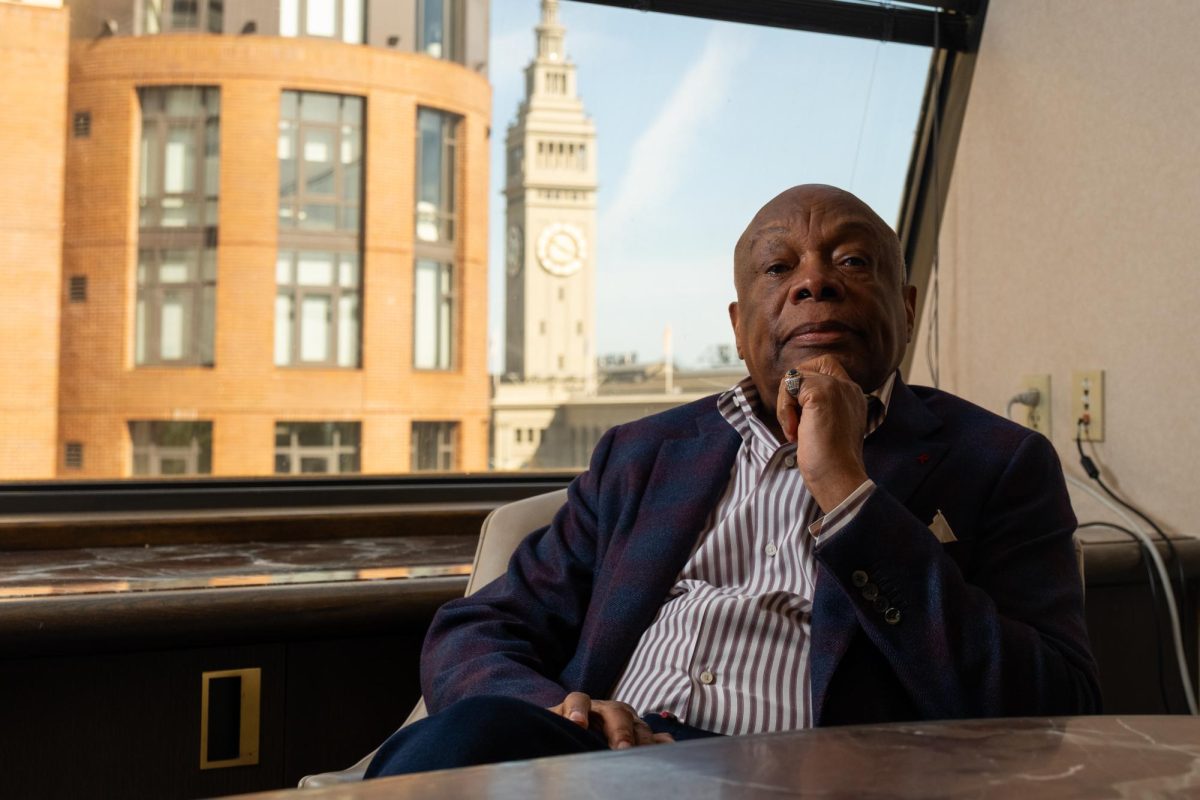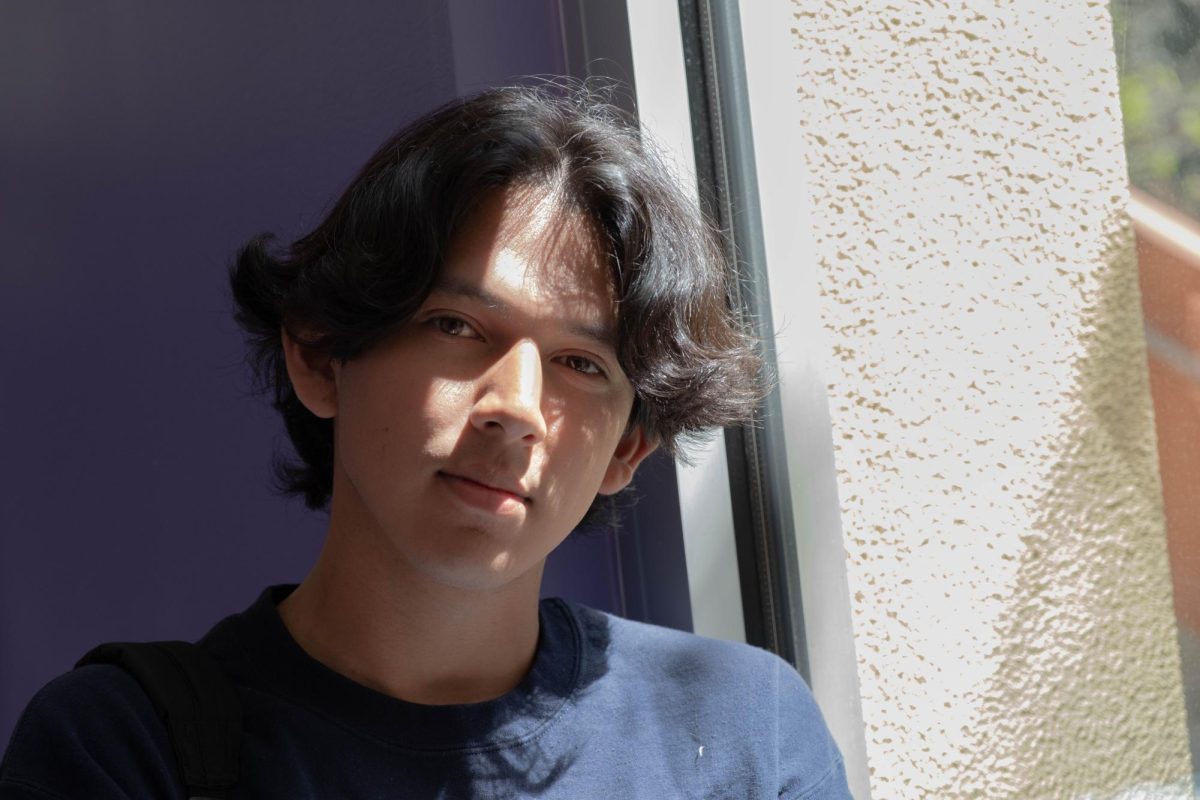“We have to fight for everything we have in addition to the scholarship itself.” Dr. Ifetayo Flannery talks about one of the ways Africana Studies is such a unique discipline.
Fighting for rights and acceptance is no new concept to African Americans, or the achievements they work for the benefit of their culture.
Africana Studies has not been given a break in the fight to exist and to stay above water here at San Francisco State University and throughout the world.
[foogallery id=”14990″]
Dr. Ifetayo Flannery is an Atlanta born professor of Africana Studies at San Francisco State University. Stoked about teaching on the same campus that 50 years ago created the very first Ethnic Studies concentration, Flannery reminds students in each class session that they’re in for a treat this semester.
As an undergraduate at Georgia State University, Dr. Flannery was encouraged to take an Africana studies class and according to her, “That one class had fundamentally changed so much.” From that point on, then Maria Flannery, started on an important journey.
“I learned that I wasn’t thinking on my own behalf as much as I thought I was.”
Flannery described one of the reasons that Africana studies appealed to her.
“To be able to understand who I actually was as an African American in the larger context, as an African person in the world, and all the contributions that people had made for me and others based on my lineage, shifted everything else.”
Africana Studies, once known as Black Studies, was the aftermath of civil rights movements in the Bay Area that eventually boiled over right onto our campus. Civil rights encouraged a broader perspective and a new way of thinking.
“The American story was different, my identity was different, how I perceived others was different, how I perceived problems and solutions in community was completely different based off my exposure to information that was actually coming from the Afrocentric perspective.” Ifetayo explains, reflecting on the the previously stated perspective through the lens of Africana studies.
“Without Africana Studies I’d probably, no, I’d definitely be a completely different person.”
Dr. Flannery reflects on her journey, “My exposure to Africana studies influenced my success and my choices about graduate level education all the way up to terminal degrees, the PHD.”
In summary, the University of Kansas explains, “What is Africana Studies?”
In their statement, “Black Studies, or Africana Studies more broadly, is an interdisciplinary and multidisciplinary approach to studying and understanding the experiences of African people and African-descended people across the Diaspora.”
K-12 programs teach history through one general perspective, that being the Eurocentric perspective. The University of Kansas’ African and African American Studies added, “…the goal of Africana Studies was to transform higher education… altering traditional curricula limited by Eurocentric paradigms.”
Those same paradigms were challenged in a boycott that shut down SF State for five months just 50 years ago. SF State’s current Africana Studies department chair, Dr. Dawn-Elissa Fischer, highlighted the battle fought right here on campus.
“We (Africana Studies Department) were born out of the longest student strike in history on a four year university campus.”
Although we are approaching the 50 year mark of the concentration, maintaining and expanding has been an ongoing conflict. Throughout Flannery’s higher education, she has observed the ups and downs of the concentration.
“Scholars in Africana Studies tend to have to work harder…” she pointed out, “We’re a very select group of people who tend to be extraordinarily committed and constantly bombarded with racism, underfunding, always threatened with reduction, offerings, all the things that you could imagine that people in other departments are not familiar with, particularly at the graduate level.”
In addition to underfunding at campuses out of state and the universities Flannery has attended, issues of underfunding and reductions occur here at SF State.
Dr. Fischer uncovered background from the 2016 hunger strike here at SFSU.
“It was essential for us to be able to hire Flannery; previous to professor Flannery’s employment with our University, we lost many professors; due to death, retirement, or leaving for another job.”
“Late March into April, even into May, I still wasn’t certain if I was going to receive the job officially because of a sudden budget crisis when it came to hiring two new hires.” Dr. Flannery reflects on the issues behind the hunger strike.
Although a number of professors were leaving the department, a balance was not created in the number of faculty members coming into the program. Fischer pointed out, “had we not been able to hire Dr. Flannery, we would’ve been without that faculty line… these are our permanent faculty lines and if they are not replaced when faculty members die, then it is an assault on the department and it is a disservice to students’ degree completion.”
So the students went on a hunger strike…
Although Flannery was not in San Francisco, during the hunger strike, she recalls, “…people had to protest, people wrote letters all the way up to the chancellor’s office about my hire, so it’s not a normal hire.”
“It’s definitely in the tradition of black studies,” she says excitedly. “Having to fight for any and every resource and expansion that we have. So it’s my great honor that they won…”
…We win.
The battle was once again fought, and more importantly, it was won.
“Africana studies is so important to me.” Flannery expressed. “It touches me at the core level. To me it has meant a freedom, a liberation of the spirit of the consciousness of myself and other people. Africana studies means better lifestyles, enlightenment, liberation to all African people, and by extension, people all over the world.”
Dr. Ifetayo M. Flannery is a marker of the Africana Studies discipline. Having double majors as an undergrad, focusing in psychology and African American Studies. She went on to earn her Master’s in Africana Studies and most astoundingly, she earned her PHD at the first campus to offer such a high degree in Africology, Temple University of Philadelphia, Pennsylvania.
Dr. Fischer shared her appreciation of Dr. Flannery.
“We are very lucky to have professor Flannery, her PhD is in Africology and African American studies from Temple, therefore she is an example of the triumph of this discipline.”
Dr. Flannery shared her own appreciation of her position here at SF State by confessing, “I’m so grateful to be here and the significance is that, San Francisco State is ground zero for black studies, it is the institution that created the first black studies department in the world and in the academy.”
She concluded her reflection by saying, “It’s a dream, it’s an honor, and we had to fight for me to be here so I don’t take it for granted at all.”








